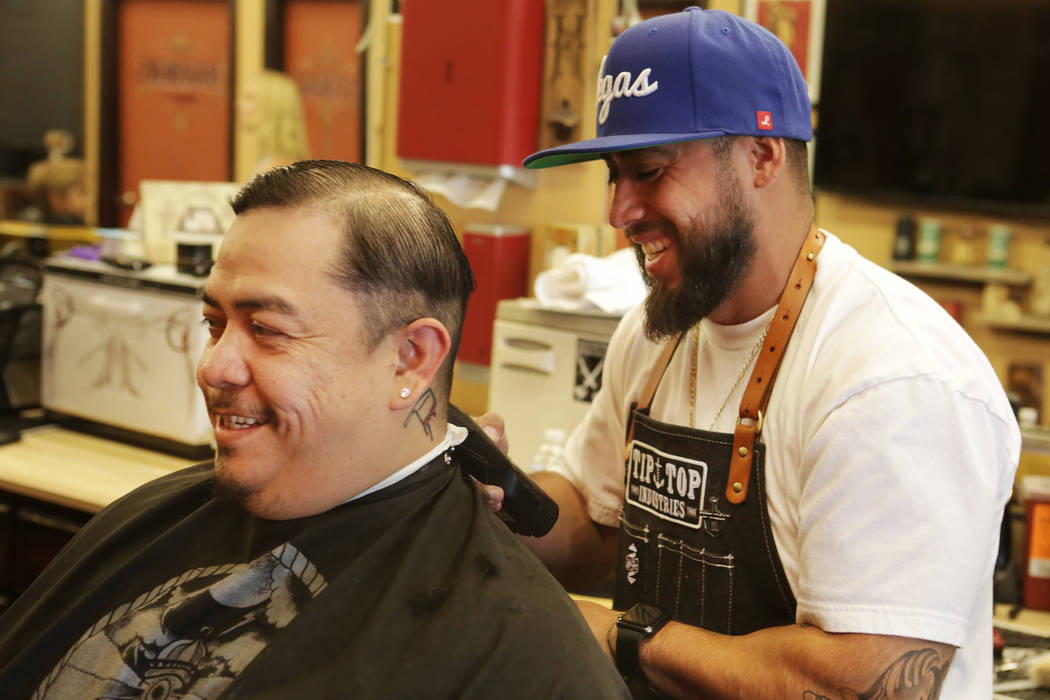EDITORIAL: California ruling cuts against barbers, hair stylists
Government continues to find ways to make it harder for people to work for themselves — for their own good, of course.
The latest example comes from California. Its Supreme Court has saved its residents from the scourge of permitting barbers, hairstylists, tattoo artists and taxi drivers to work for themselves.
Consider a barbershop. Traditionally, barbers aren’t employees of the establishment. They rent a chair and then set their own hours, working as independent contractors. They are entrepreneurs. This gives them the flexibility to work as much or as little as they want. It’s easier for the barbershop owner too. The owner receives an income stream without having to increase overhead or manage employees.
No more. The California Supreme Court ruled this year that the work of an independent contractor must “fall outside the usual course” of the business’ activities. So hiring someone as an independent contractor to clean a barbershop is OK. It is now illegal, however, for a barbershop owner to hire a barber in the same way.
Last week, all seven barbers at Bottle &Barlow, a combination barbershop and bar, quit rather than be forced to work as traditional employees.
“They have really gutted us,” Anthony Giannotti, Bottle &Barlow’s owner, told the Sacramento Bee. “You can’t hire and structure things the way (barbershops) have for decades. They’ve just destroyed the pay structure for the barber and cosmetology industry.”
This is just one example of the far-reaching implications of this decision. Another is that labor lawyers will start circling companies like sharks, trying to find businesses to sue for not following California’s numerous mandates on employees. Ironically, large employers that can afford large compliance departments are best suited to adjust to this. It’s small employers that will have the hardest time surviving.
California law requires that companies provide overtime pay and meal and rest breaks. You may think those things are desirable for all workers. But they come with trade-offs. If you’re an employee, the company sets your schedule and tells you how to do your job. Overtime pay is great, but many companies cap employee hours to avoid paying it. Some independent contractors can work as many hours as they want. They also have the freedom not to show up when don’t feel like working.
“Conspicuously absent from the test (determining who can be classified as an independent contractor) is worker preference,” noted Amy Lessa and Megan Walker with the Fisher Phillips law firm.
That’s the significant problem with the nanny state. Some people prefer a 9-to-5 job with set breaks. Some people prefer the freedom that comes with being their own boss as an independent contractor. Individuals, not government, should decide which category they join.






















